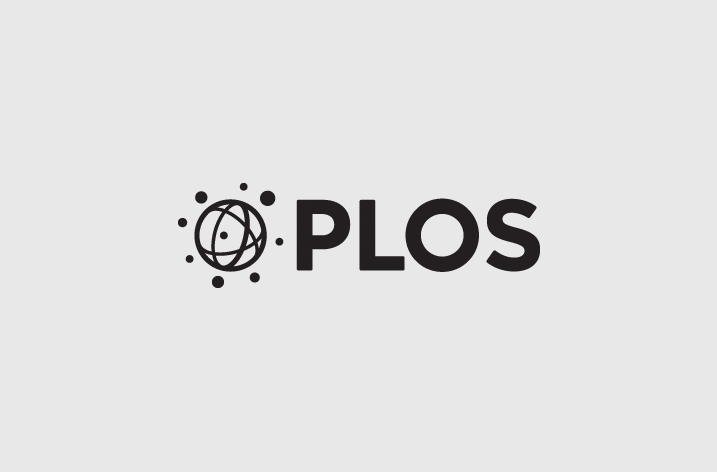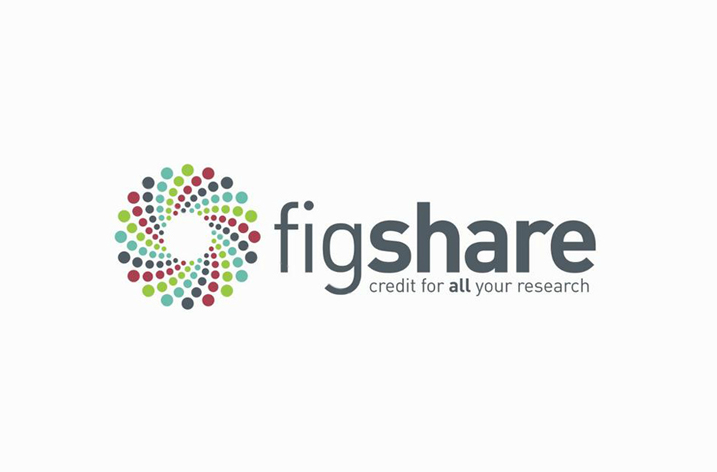
“The declaration itself remains unchanged, but our aim is to spread the word much more effectively—about DORA and, especially, about the good practices it has already helped to establish in many institutions.” – Stephen Curry
Five years ago at the American Society of Cell Biology (ASCB) Annual Meeting in San Francisco, leading cell biologists, editors and publishers dissatisfied with the near exclusive reliance on journal impact factor as the primary means of measuring success in academia began creation of what would several months later become known as the San Francisco Declaration of Research Assessment, or DORA. The declaration calls attention to the inappropriate and flawed use of journal impact factors and the community need for assessment tools to measure research outcomes other than peer-reviewed publications.
DORA states there is a “pressing need to improve the ways in which the output of scientific research is evaluated by funding agencies, academic institutions, and other parties.” The erroneous and inflated value of publishing in high-impact journals is seriously affecting the way that scientists judge each other, as well as adversely impacting the reproducibility of research. To make more fair and broaden the way scientists are evaluated, within DORA specific recommendations for publishers, funders, institutions, metrics organizations and, perhaps most importantly, researchers themselves, were built around specific tenets.
Anniversaries are often a time for retrospection, and as this year’s ASCB/EMBO (European Molecular Biology Organization) meeting marked the fifth anniversary of the ASCB conference where DORA was born, those involved took the opportunity not only to look back at what has been achieved, but also to look forward at what more can be done. “DORA has been very useful in stimulating discussion and action on what truly robust processes of research and researcher evaluation should look like. It is focused on addressing the deleterious effects that the journal impact factor have had, particularly on research careers, but also on the pace and integrity of the scientific record,” says Stephen Curry (Assistant Provost: Equality, Diversity & Inclusion and Professor of Structural Biology, Department of Life Sciences at Imperial College in London), one of the original signatories. Now, he says, is time for the initiative to “gain new ground, not just in Europe and North America, but all around the world.”
Those working now on revitalizing DORA see this upcoming anniversary year as an opportune window for an energetic transition from consensus-building to action. Says Bernd Pulverer (Chief Editor, The EMBO Journal and Head of Scientific Publications at EMBO in Heidelberg), also an original signatory, “We’re seeing three stages, if you will, of DORA. The original declaration of the critical need to move away from journal impact factors was followed by a phase of community-building and signature gathering through the website. The stage has been set; all stakeholders, from scientists and policymakers to funders and publishers, need us to take action.”
To learn more about what DORA has achieved and where it’s headed, visit the Official PLOS Blog at http://blogs.plos.org/plos/2017/12/advancing-evaluation-dora/.




























